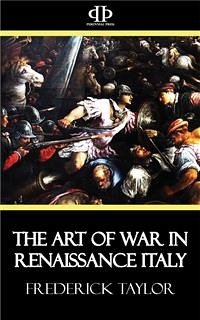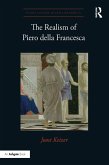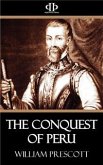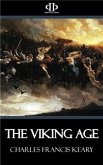THE change from mediaeval to modern methods in the art of war is closely related to the general transformation of European civilization which goes by the name of the Renaissance. The revival of interest in ancient history and literature had a distinct effect on military theory and practice. The new spirit of inquiry and experiment applied itself vigorously to military problems. Moreover the avowed national separatism which replaced the sham imperialism of the Middle Ages accentuated the rivalry between states and produced wars which were more frequent, more prolonged, more general, and more intense than those of the preceding centuries. The history of these wars, waged in an age of eager intellectual activity, reveals, as we should expect it to reveal, rapid progress, amounting almost to revolution, in the use of arms, but what makes an examination of the subject singularly instructive is the fact that the most important of these campaigns were fought in Italy during the culminating years of the Italian Renaissance. The finest minds of the day had the opportunity of witnessing, of recording, and of commenting on the exploits of the leading captains and the most famous troops of Europe. They assisted in the interplay of ideas and the comparison of experiences. The fruit of this period of intensive cultivation of the art of war was the military science of the modern world.
When, in the autumn of 1494, Charles VIII of France set out for the conquest of Naples he did so in a spirit of adventure, at the head of an army raised for the occasion, and with the declared desire to proceed ultimately to the Holy Land. When, in 1529, the treaty of Cambrai brought the Italian wars to a close there had already appeared in Europe such modern phenomena as the principle of the balance of power, trained standing armies, and competitive armaments. In the following chapters an attempt will be made to trace the stages of the process by which this change from mediaeval to modern Europe manifested itself in the development of the art of war. The inquiry will be restricted to the campaigns which were fought in Italy between the years mentioned above, but since during that period Italy was the battlefield of Europe it will be well to begin with a brief consideration of the military condition of the countries which took part in the wars...
When, in the autumn of 1494, Charles VIII of France set out for the conquest of Naples he did so in a spirit of adventure, at the head of an army raised for the occasion, and with the declared desire to proceed ultimately to the Holy Land. When, in 1529, the treaty of Cambrai brought the Italian wars to a close there had already appeared in Europe such modern phenomena as the principle of the balance of power, trained standing armies, and competitive armaments. In the following chapters an attempt will be made to trace the stages of the process by which this change from mediaeval to modern Europe manifested itself in the development of the art of war. The inquiry will be restricted to the campaigns which were fought in Italy between the years mentioned above, but since during that period Italy was the battlefield of Europe it will be well to begin with a brief consideration of the military condition of the countries which took part in the wars...









